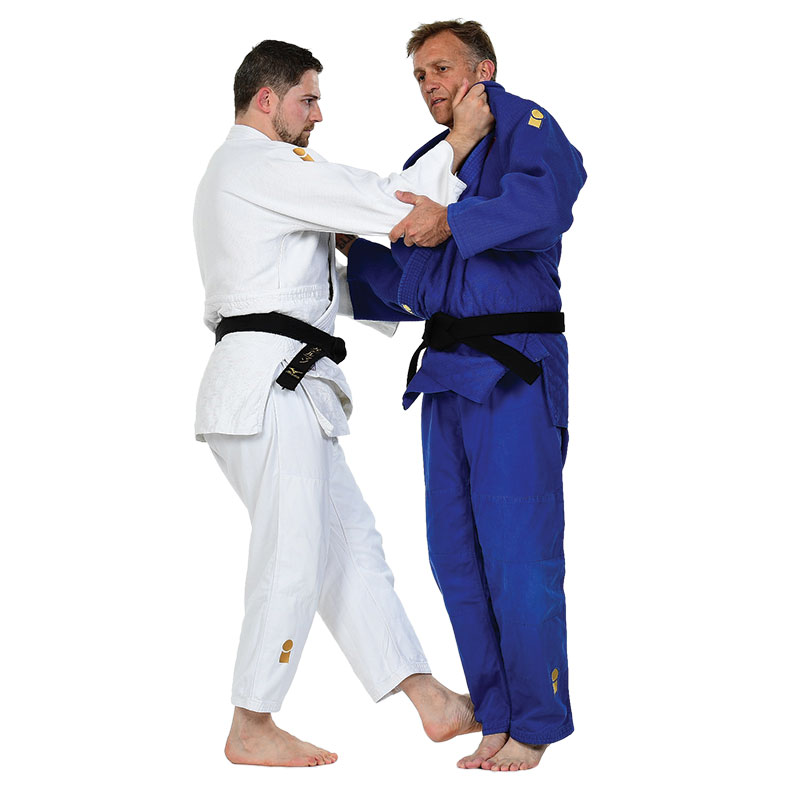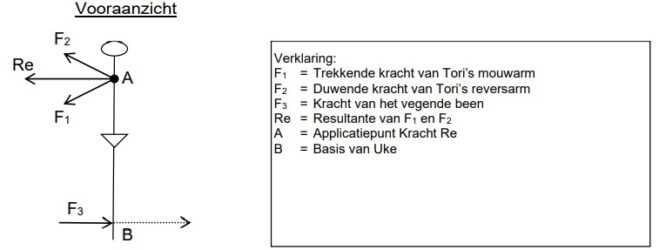Okuri-ashi-harai 送足払
Sliding Foot Sweep
Classification: Ashi-waza (leg technique)
Japanese meaning:
-
Okuri = sending or sliding
-
Ashi = foot
-
Harai = sweep
Technical Description
Okuri-ashi-harai is a beautiful and fluid leg technique used to sweep both of your opponent’s feet at once, typically when they are moving sideways.
To perform Okuri-ashi-harai:
-
Break your opponent’s balance (kuzushi) toward their right side.
-
When uke steps left with their right foot, attempting to shift their position laterally, tori follows the movement.
-
As both of uke’s feet move in unison, tori sweeps both feet simultaneously from behind, using the entire leg in a low, sweeping motion.
-
At the same time, tori uses both hands to pull uke’s upper body sideways to enhance the unbalancing effect.
This throw is highly effective against opponents who move predictably or shift laterally in tsugi-ashi (sliding step) or ayumi-ashi (normal walking).

Biomechanics of Okuri-ashi-harai
This technique works through a couple (torque):
-
Tori’s arms (Re) pull or guide uke’s upper body sideways (often toward tori’s sleeve side).
-
Tori’s sweeping leg (F3) removes uke’s support base by sweeping both feet in the opposite direction.
-
The combination of upper body movement and leg action causes uke to rotate horizontally and fall smoothly to the tatami.
Timing is crucial — the sweep must connect just as uke’s feet are moving or touching the ground lightly.

Did You Know?
In the West, we often distinguish between terms like gari (reap) and barai (sweep), and mistakenly refer to this throw as Okuri-ashi-barai. However, in Japan, the correct term is Okuri-ashi-harai, because harai and barai are simply alternate readings of the same kanji 払 — meaning “to sweep.” There is no separate concept of barai in Japanese vocabulary.
The real distinction lies in how the technique is performed:
-
Gari involves a reaping motion, typically hooking or chopping.
-
Harai involves a sweeping action, often done with a fluid leg motion.
So next time, remember: Okuri-ashi-harai, not barai — and you’ll sound like a native judoka.